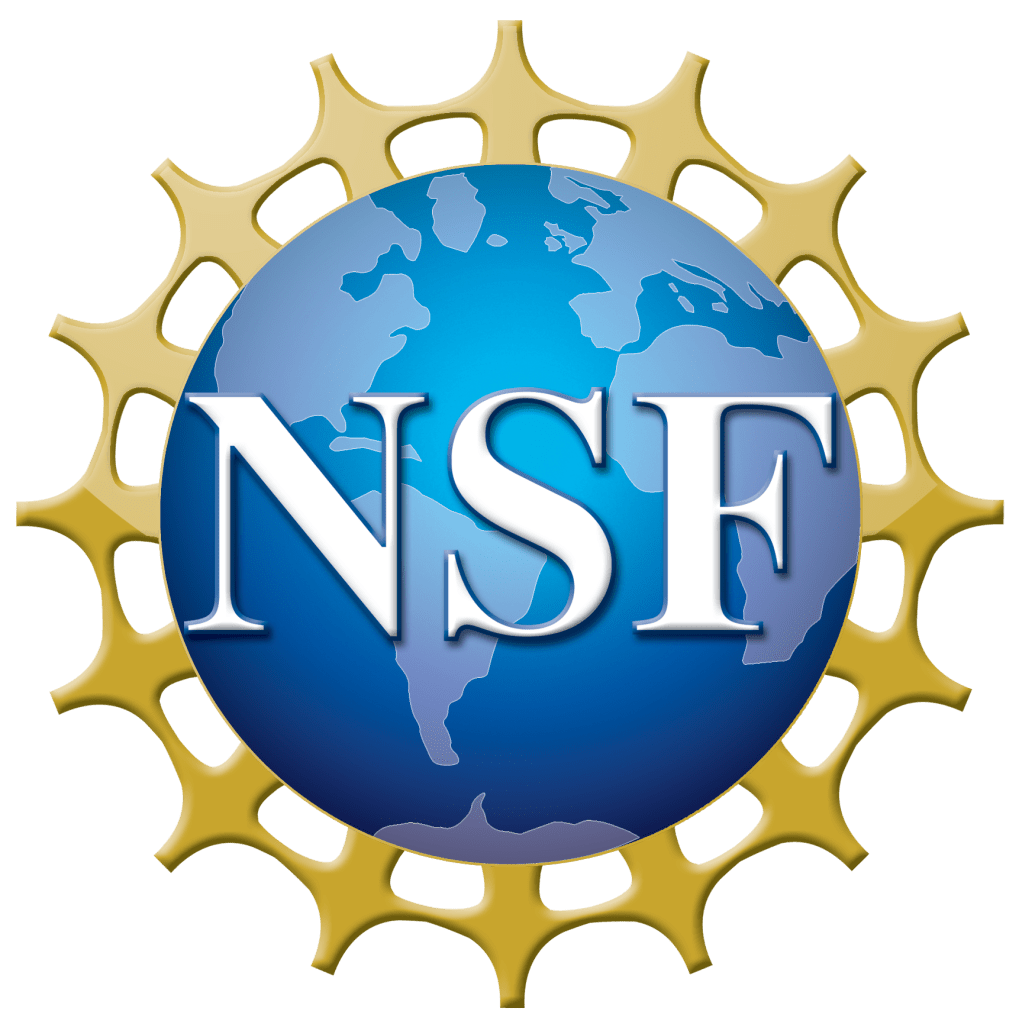By Barbara Ransom, Program Director at the National Science Foundation in the Directorate of Geosciences
We’re on the threshold of a once in a generation infusion of funding that will dramatically increase the budget of the National Science Foundation (NSF) for basic science over the next five years. A significant portion of those funds will be tied to (1) use-inspired and translational research that address pressing problems the nation and world are facing and (2) quickly moving the results of that work to society and the economy. As geoscientists, we, and our knowledge of the Earth and how it works and why, are at the crux of many critical issues facing the world today and stand to benefit greatly from what will shortly become available provided we know the lay of the land; understand the new NSF entrepreneurial mindset; know what it takes to be competitive in this arena; and grasp the parameters and types of projects NSF is looking for.
On November 18th, GSA is hosting a webinar presented by Barbara Ransom, a 17-year veteran of NSF and Lead of the NSF Directorate of Geosciences (GEO) Innovation Hub, a set of activities and programs focused on NSF funding opportunities designed to help foster and grow a strong and vibrant geoscience entrepreneur ecosystem. With her will be two geo-entrepreneurs: one a former graduate student and one academic and university faculty member, who will talk about their journeys in the world of start-ups and commercialization. Come see and learn. Ask questions and find out more about how you, your organization, and your students and postdocs can benefit from what NSF has to offer. Use this knowledge to increase your funding and dramatically increase the impact of your research and ideas.
Topics to be covered will be what NSF considers to be use-inspired and translational research and why this is now a focus for NSF-GEO. Find out where you can get information and training to discover whether your idea or geo-innovation/tech might have a customer base (the NSF I-CORPS program). Where and how you and your students can get funds to spend time working with private sector and non-academic entities to better understand the world-of-work where most students will eventually get jobs and where faculty can potentially find patrons for their research and support for their laboratories (INTERN and GOALI). Money for developing or hardening a prototype of a sensor, piece of tech, software, or other thing you have developed (PFI – Partnerships for Innovation program). A program that will help you create a Center that does fundamental research that can be published in the peer-reviewed literature, solves difficult problems an entire sector of the geo-economy is facing, and is funded wholly by private sector money (IUCRC – Industry-University Cooperative Research Centers). And the Small Business Technology Transfer Research (STTR) opportunity where a faculty member working with a small business can get up to $1.2M in venture capital to move a shared idea toward commercialization.
The time for the geosciences to enter the arena of societal and environmental problem solving is here! The goal of the NSF GEO Innovation Hub and this GSA webinar is to initiate a large, thriving, geo-entrepreneurial and geo-economic system, where geoscience departments return to prominence and motivated, energized geoscientists create new and innovative geoscience-ideas, tools, sensors, technologies, apps, etc. and deliver them to market to address the large and serious societal and environmental problems we are facing today.
Hope to see you there.
###
